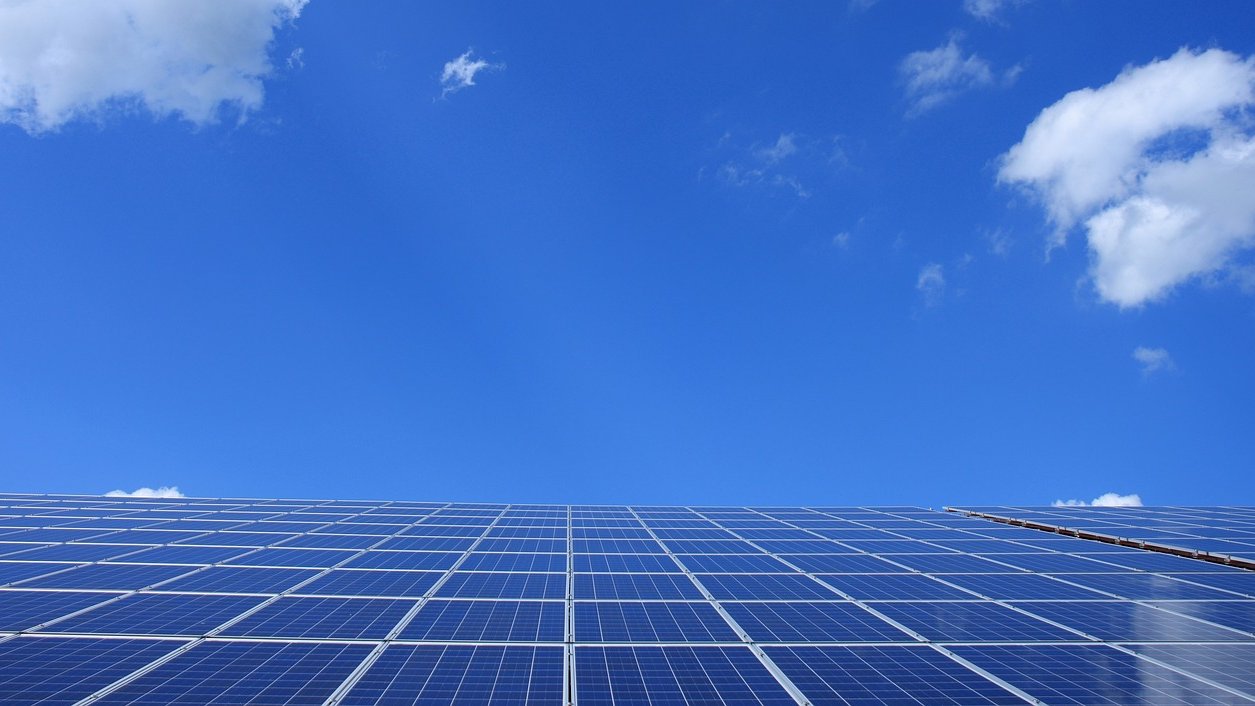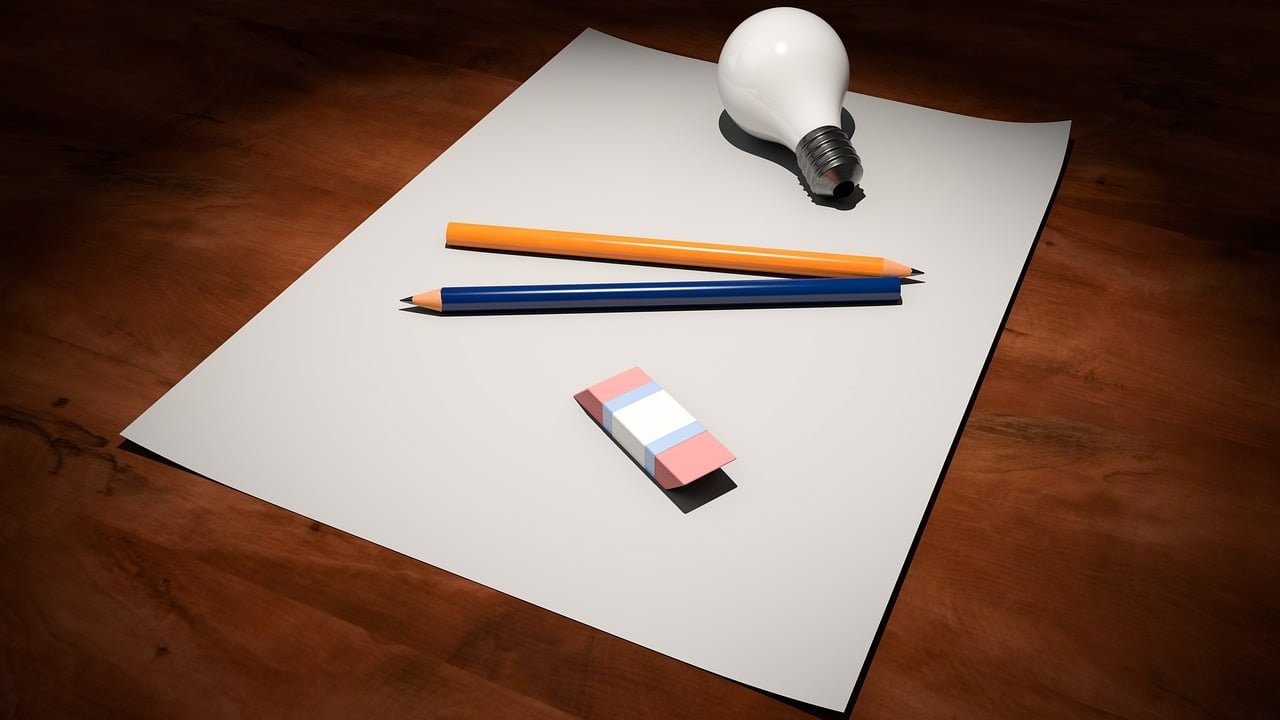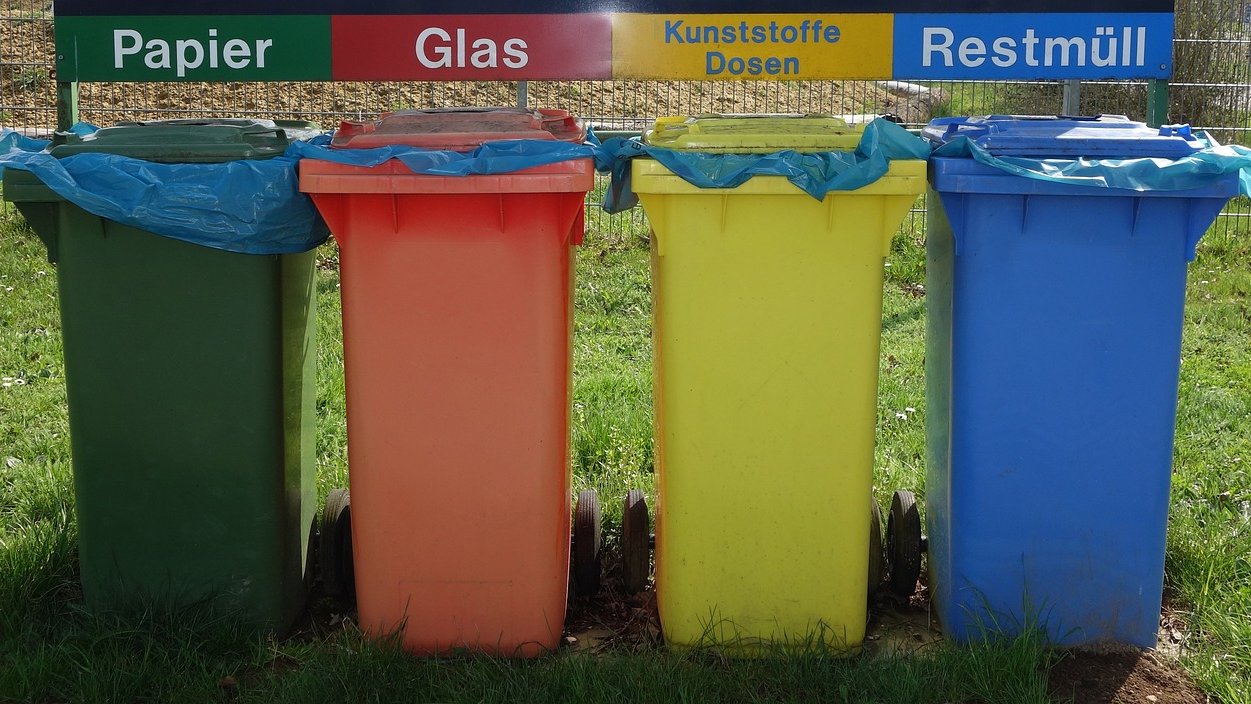
Are you considering moving to an off-grid home, or simply want to reduce your energy bills? Solar energy might be your answer. This guide will show you how to harness solar energy for your home, and take a step towards sustainable and cost-effective off-grid living.
Understanding solar energy
Solar energy is energy from the sun that is converted into thermal or electrical energy. It's the cleanest and most abundant renewable energy source available. Solar technologies can harness this energy for a variety of uses, including generating electricity, providing light or a comfortable interior environment, and heating water for domestic, commercial, or industrial use.
The benefits of solar energy
Solar energy offers a number of benefits which make it one of the most promising energy forms. Renewable, non-polluting and available planet-wide, it contributes to sustainable development and job creation where it is installed.
- Renewable and Sustainable: Solar energy is a renewable energy source. This means that we cannot run out of solar energy, as opposed to non-renewable energy sources (e.g. fossil fuels, coal and nuclear).
- Environmentally Friendly: Harnessing solar energy does generally not cause pollution. However, there are emissions associated with the manufacturing, transportation and installation of solar power systems – almost nothing compared to most conventional energy sources.
Setting up your solar system
Setting up a solar system for your home involves the following steps:
- Evaluating your energy needs: The first step in harnessing solar energy at home is understanding your total energy needs. This involves calculating how much power each of your appliances uses.
- Choosing the right solar panels: Solar panels come in different sizes and efficiency levels. The choice of solar panels depends on your energy needs and the available space on your roof.
- Installing the solar panels: Professional installation is recommended to ensure the system functions optimally. However, there are DIY solar panel installation kits available for those who wish to undertake the project themselves.
- Maintaining the system: Once the system is installed, it needs to be maintained regularly to ensure it continues to generate maximum energy.
Cost and savings
The cost of installing a solar energy system can vary depending on the size and complexity of the system, and whether you choose to do-it-yourself or hire a professional installer. The good news is that once installed, a solar energy system can drastically reduce or even eliminate your electric bill. Additionally, solar energy systems have a lifespan of 25-35 years, which means you will be saving on electricity costs for many years to come.
Wrapping up
Harnessing solar energy for your home is a big step towards green living. Remember to do your research, understand your energy needs, and consult professionals if necessary. With proper planning, you can ensure a smooth transition to off-grid living with solar energy.











